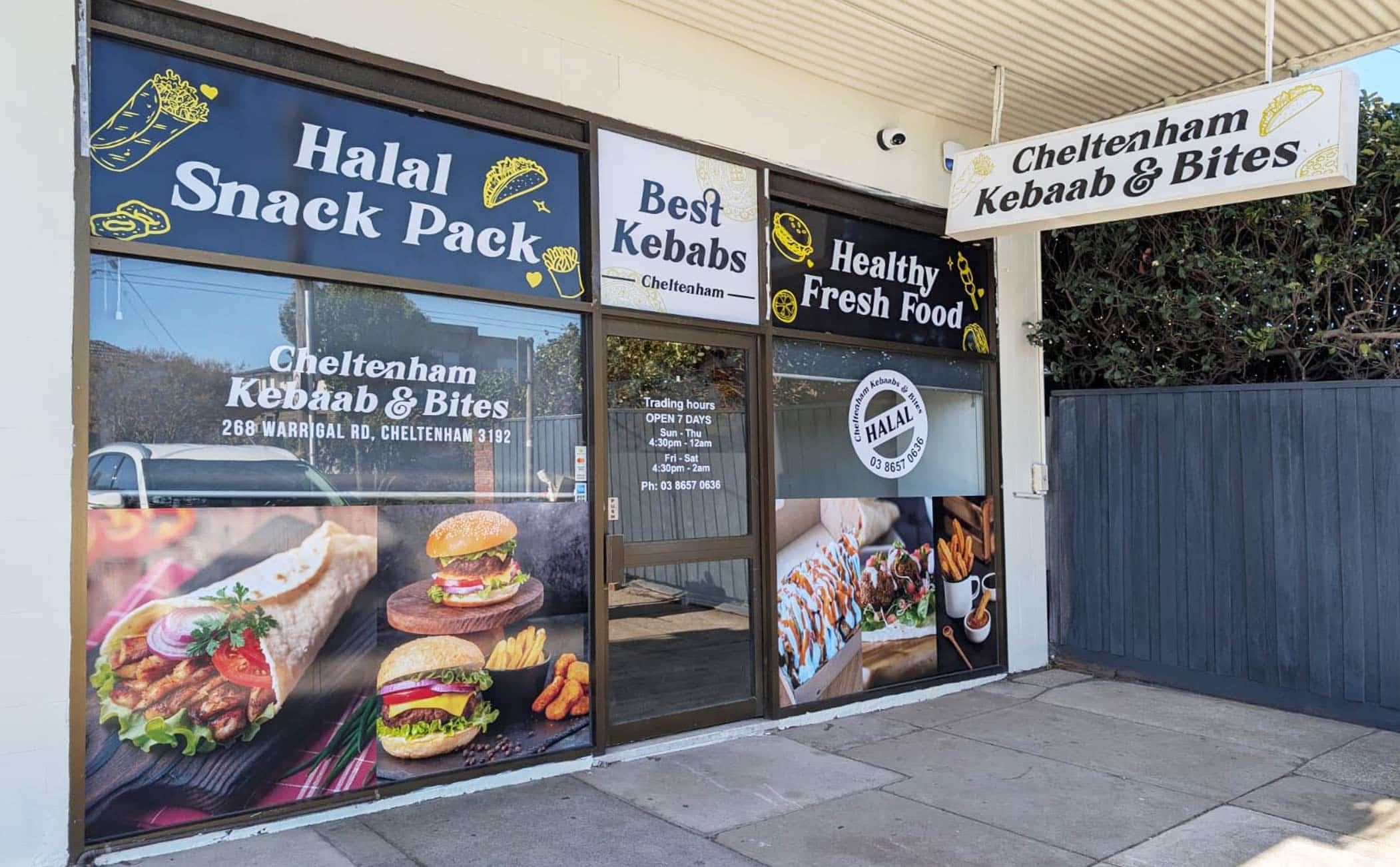Planning a corporate conference, whether it’s for business development, networking opportunities or the presentation of new products or technologies, can be both a challenging and rewarding experience. Conferences can be incredibly useful events, helping to bring together people within a company and creating a stronger sense of culture. If your conference is open to the public, includes guest speakers or is a joint event, it can also bring together new people who may otherwise have never met, creating new opportunities for business collaboration.
However, planning and organising a conference is no easy feat. Here’s a step-by-step guide on how to go about ensuring that your big day goes off without a hitch.
The pre-planning stage
Set your objectives
It’s important to know the overarching goal of your conference. Is it to celebrate a certain milestone in your company? Is it an annual review of your processes and a plan for the year ahead? Or is it a public-facing conference for professionals in a certain field? The goals of the conference will impact everything from who is invited to speak to what venue you choose and what sort of entertainment you might organise for after the business side of things is over. Determining the objectives also helps you choose the “vibes”, so to speak, whether that be celebratory of past victories or more seriously planning for future troubles.
Put together a team
Once you’ve identified your objectives, you can start to put together your team. You’ll need people in all types of fields, including:
- Physical movement: People to help book the space and bring in equipment.
- Marketing and communications: People to communicate the event to those who might want to or need to attend.
- Admin: The main point of contact for questions before the event.
- Facilitators: The main points of contact on the day of the event.
Identify your target audience
Some conferences are only open to internal members of a company. Others might be open publicly. If your conference is an internal one, identify which members of your company are invited and have the team in charge of marketing and communications send out the invitations. If it’s a public-facing conference, you may need to do more in-depth marketing to reach your target audience through various channels, whether they be paid or organic.
Set a budget
And, of course, before anything can be put in motion, you’ll need to work with the financing team to ensure that your event stays within the budget that you have.
The planning stage
Find a venue
Suitable venues can be difficult to find. Often, they are expensive, or if they aren’t, they require booking months or even years in advance. Make sure that you start looking for your venue early, and use venue booking websites to help you out. You might also start looking at government websites for publicly-owned or council facilities, or spaces that can be hired at institutions like universities and schools.
Confirm the date
Once you have a suitable venue, liaise with the contact at the location to organise a suitable date. You may need to be flexible here to ensure that you work with the venue’s availability, especially if you are a little late in the booking process. Don’t forget to clarify what time your event will start and end.
Plan your agenda
Once you have the starting and ending time (or effectively how long you have the venue for), you can start to plan the agenda and break down those hours. Don’t forget to allocate suitable timing for things like breaks and lunch, and try to run different events at the same time to give people options on what they would prefer to attend.
Find speakers
Whether you’re looking for keynote speakers in Perth or Zooming in professionals from overseas, your speakers are the lifeblood of your event. Make sure you find suitable professionals who can bring unique perspectives to the event, share their own authentic experiences or expertise, and ensure that they know when and how to attend the event, whether in-person or online.
Promote the event
Finally, promote your event, whether that be internally (over channels like email, Microsoft Teams or Slack) or externally. If your conference requires external promotion, your marketing team will need to put together a comprehensive marketing plan of attack, including channels, advertising costs, partnerships and more.
At the end of the day, conferences can be wonderfully fulfilling career development opportunities, but organising them is no easy feat. Make sure you have your checklist ready to go and lots of spare time to ensure that your day is the best that it can be!








